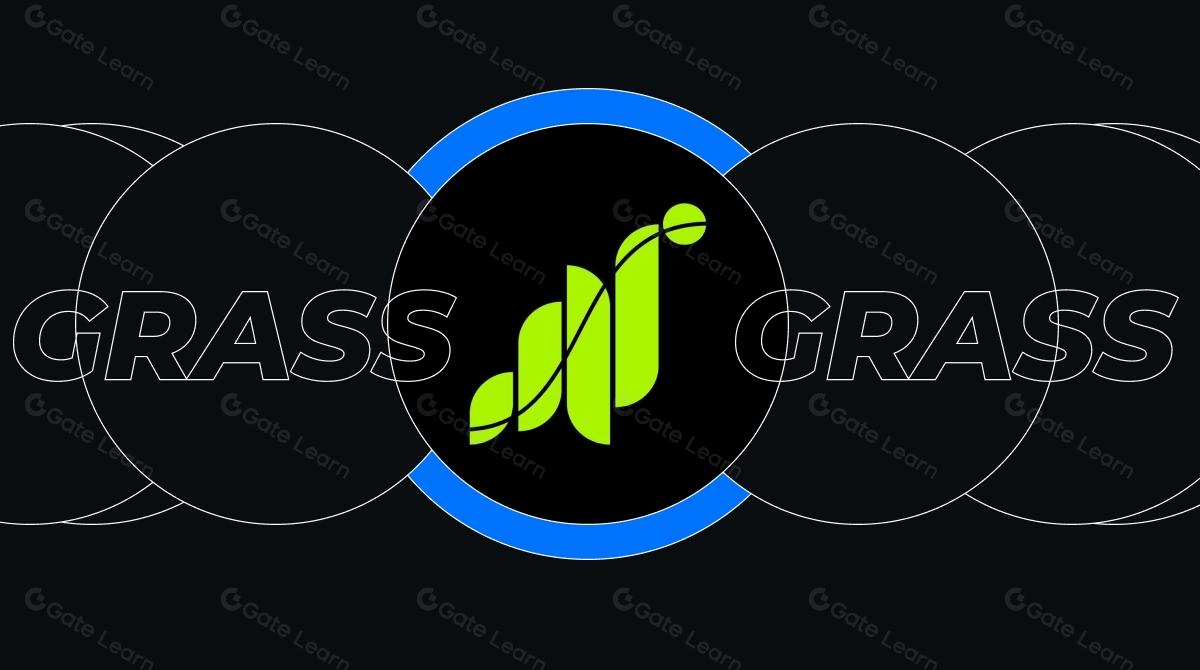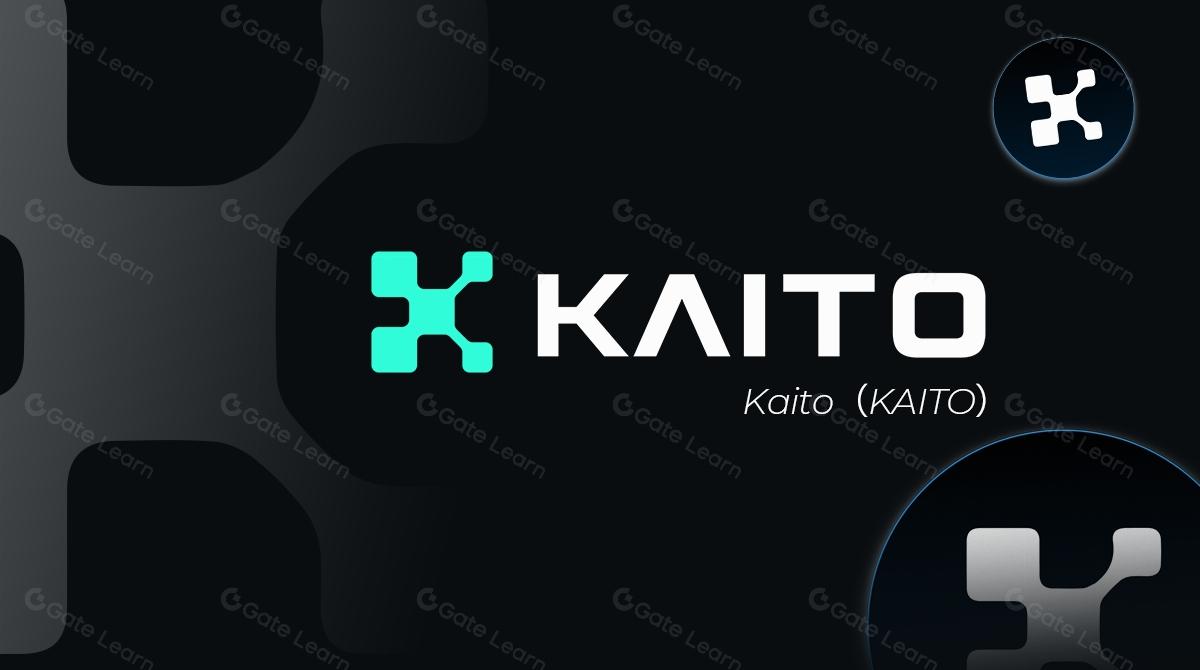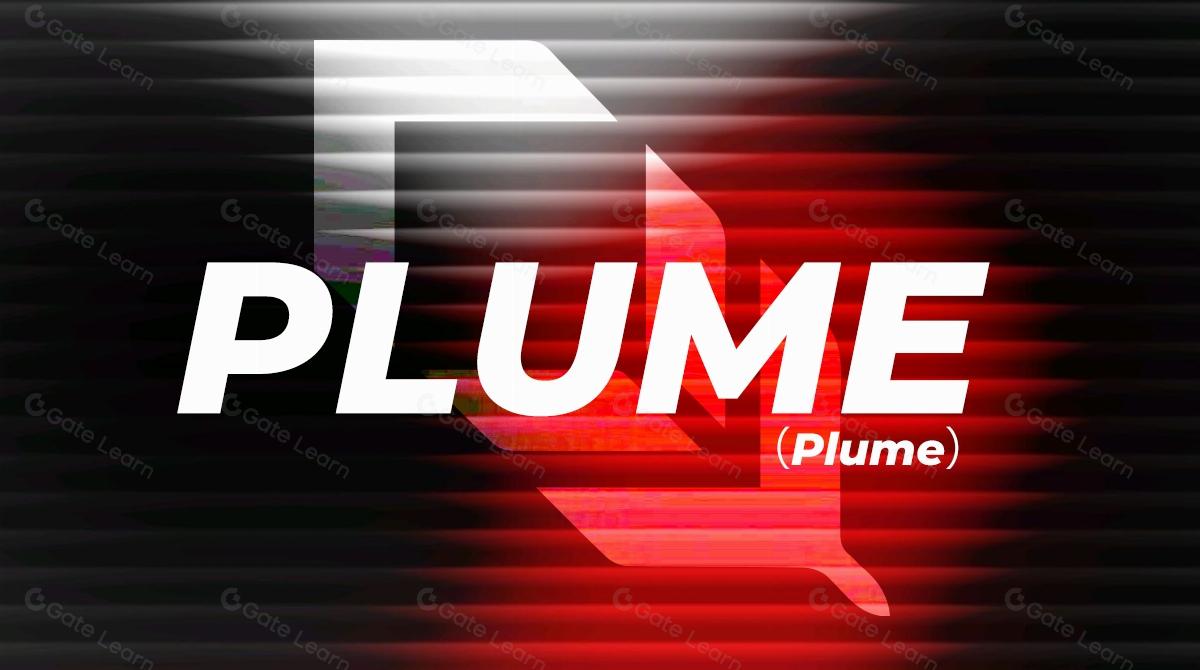Security Science: Categories and Potential Risks of Web3 Wallets
Web3 wallets have become an essential tool for users looking to explore the world of cryptocurrencies. They serve as the gateway to interacting with blockchain networks and managing digital assets, making their security of utmost importance. In this article, we’ll discuss the basics of Web3 wallets and introduce popular wallet types along with their potential risks.
Web3 Wallet Overview
A Web3.0 wallet is a type of digital wallet designed specifically for the blockchain world, allowing users to manage their digital assets directly in a decentralized internet environment. Unlike traditional digital wallets, Web3.0 wallets are characterized by high levels of security and privacy, as well as the ability to interact directly with decentralized applications (DApps).
Most Web3 wallets aim to give users full control over their digital assets. This means users are responsible for managing their mnemonic phrases and private keys. Generally, when creating a new Web3 wallet, a unique 12- or 24-word mnemonic phrase is generated. This phrase provides full access to your crypto wallet and its private keys (used for signing transactions). Never share your mnemonic phrase or private keys with others.
Main Features of Web3 Wallets
While features may vary depending on the wallet, most Web3 wallets offer a set of key functionalities:
- Multi-asset and multi-chain support: Support for various blockchain networks and digital assets, including cryptocurrencies and NFTs.
- Interoperability: Facilitates interactions with smart contracts, enabling users to access DApps, decentralized exchanges (DEX), and more.
- Peer-to-peer transactions: Allows users to send and receive digital assets anonymously without centralized services or intermediaries.
Wallet Types and Risks
There are many ways to categorize Web3 and cryptocurrency wallets. In this section, we will categorize them based on how the wallet and private key are stored, noting that there may be overlap between categories.
Browser Wallets
Overview: Browser wallets are installed as browser plugins, such as MetaMask and Rabby. They allow users to interact with DApps or DeFi platforms without leaving the browser.
Features: Browser wallets are popular for their convenience and are suitable for small daily transactions. Users can manage and trade crypto assets directly through the plugin without additional software downloads.
Risks: Since mnemonic phrases and private keys are stored locally in the browser, browser wallets are vulnerable to malware and cyberattacks. Users should exercise caution when interacting with unknown or untrusted DApps.
Mobile Wallets
Overview: Mobile wallets are designed as apps for smartphones, such as Trust Wallet and MetaMask mobile. They allow users to manage their crypto assets through their mobile devices.
Features: Mobile wallets offer great convenience, allowing users to transact cryptocurrencies anytime, anywhere, particularly via QR code payments. They also provide easy access to DeFi and DApps.
Risks: Mobile wallets face risks from malicious apps or viruses on smartphones. Users should protect their wallets by setting password encryption and backing up their mnemonic phrases in case of phone loss or malfunction.
Desktop Wallets
Overview: Desktop wallets were more common in the early days of cryptocurrencies, with notable examples such as Electrum and Sparrow. These are software programs installed on computers, giving users full control over their private keys and transaction data.
Features: Desktop wallets provide higher security and are particularly suited for users who want to store or manage their crypto assets in an offline environment. Their security relies on the integrity of the user’s computer.
Risks: If the computer is infected with malware or hacked, private keys could be stolen. Users should regularly back up data and ensure their operating system and security software are up to date.
Hardware Wallets
Overview: Hardware wallets are physical devices designed to store cryptocurrency, such as Trezor and Ledger. They are an offline storage (cold storage) solution, aimed at users who hold large amounts or intend to store assets long-term.
Features: The primary advantage of hardware wallets is their security. Since private keys are stored in the device and never connected to the internet, they are highly resistant to most cyberattacks. Users can further enhance security by using a PIN code and backing up the mnemonic phrase.
Risks: Although hardware wallets are relatively secure, they are somewhat complex to use, and users must take care to store the device and mnemonic phrases securely. Hardware damage or loss is also a risk that requires attention.
Paper Wallets
Overview: A paper wallet is a physical form of cryptocurrency storage where the wallet address and private key are printed on paper. Users can scan the QR code on paper to make transactions.
Features: Being entirely offline, paper wallets prevent online hacking. They are typically used for long-term storage and not for frequent transactions.
Risks: Paper wallets are prone to physical damage, loss, or theft, which could result in the loss of funds. Due to its inconvenient nature and the availability of more modern and secure alternatives, paper wallets are no longer widely recommended.
Conclusion
We’ve covered the concept and classification of wallets, highlighting common risks. As the Web3.0 ecosystem continues to mature, more innovative wallet solutions will emerge, offering users richer and more convenient digital experiences. However, regardless of the type or brand of wallet you choose, always keep your mnemonic phrase and private keys secure. Remember, the safest place for your private key is in your mind.
Related Articles

DOGS Token Overview: Tokenomics and Airdrop Claiming (as of 2025)

Grass (GRASS) — Decentralized AI Data Collection

Gate.com Launches Pilot Trading Section: Capture On-chain Alpha and Seize 100x Opportunities!

Virtuals Protocol (VIRTUAL) — The AI Agent Generation Platform at the Forefront of Innovation

Kaito (KAITO) - A Decentralized InfoFi Platform


